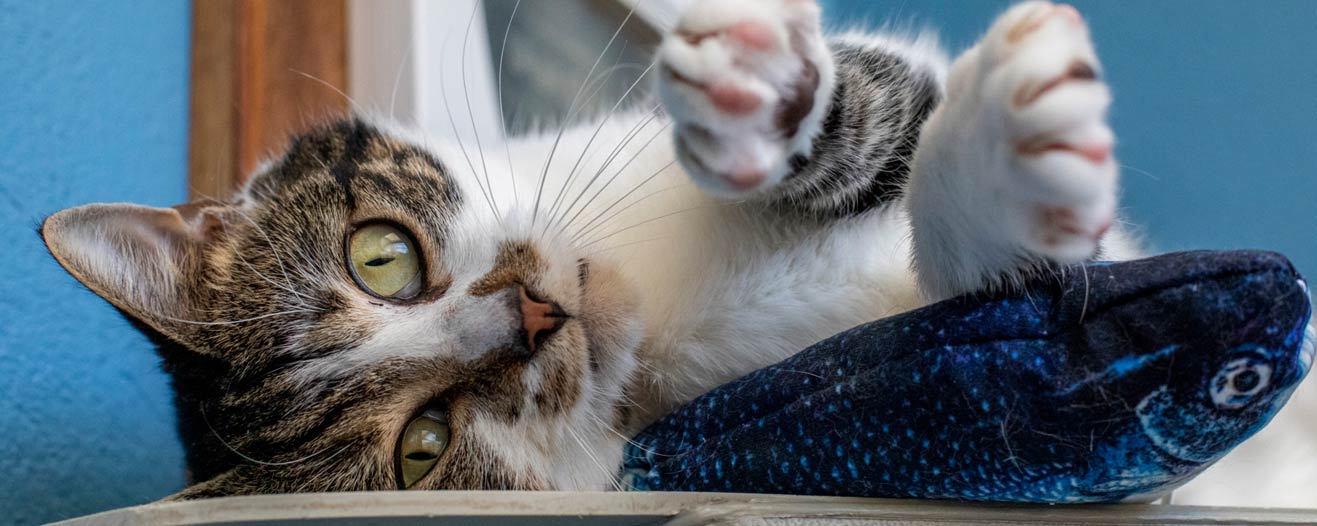- Find a Pet
- Advice and Welfare
- Ways to Give
- Get Involved
- What We Do
- Search
- My RSPCA
- Report a concern
- Gift in Wills
-
Colour modeVivid Calm
- Home
- Advice and welfare
- Pets
- Cats
- Health and welfare
How to keep your cat healthy and happy
Being a responsible cat owner means looking after their health and welfare at all times. The best thing you can do is to make sure they have a calm, relaxed life, but there are a few other things to remember as well. Here are our tips for keeping your cat healthy and happy.

Regular grooming and health checks
Cats enjoy regular grooming, which keeps their coat in good condition. Grooming your cat each day is a great way to notice changes in their health. Remember:
- Spot health problems early by checking for signs of injury or illness - and don't forget, cats have a similar pain threshold to people.
- Keep an eye out for behaviour changes - stressed or insecure cats can become unwell, and changes to their behaviour can be an early sign that something's wrong.
- Changes may not always be obvious, as cats can have different ways of showing that they're upset or in pain.
- Get it checked - if you notice anything unusual, including changes in behaviour or grooming habits, take your cat to the vet as soon as possible.
- Only use medicine your vet has prescribed - human and dog medicines can be very dangerous to cats.
Get your cat vaccinated and microchipped
Even if all seems well, it's still a good idea to take your cat to the vet for an annual health check. This will also make sure your cat is up to date with their vaccinations, flea treatments and wormer.
Speak to your vet about getting your cat microchipped if they aren't already. Road accidents are the most common cause of injury or early death in cats, but microchipped cats are more likely to be reunited with their owners and get the care they need if they're injured.
Get your cat neutered
To prevent unexpected kittens, it's also a good idea to get your cat spayed or neutered. This simple operation is carried out by a vet, and for female cats, it should be done before they reach four months.
For male cats, neutering (or 'the snip') will stop them from fighting with other cats, so they're less likely to be injured or catch diseases. It can also stop them from spraying in the house.
Take out pet insurance
Vet bills can be expensive, so it's a good idea to take out pet insurance to save you from any nasty surprises. Pet health care packages can help you manage vet costs too. Many vets provide these, including Medivet, CVS UK Ltd veterinary group practices and Companion Care/Vets4Pets.
Find your local vet to discuss their healthcare scheme.
Know your cat's breed
Finally, different cat breeds are prone to their own health and behaviour problems, so reading up on your cat's breed will tell you what to look out for. Some breeds have exaggerated physical features that can reduce their quality of life, while others are prone to inherited disorders or diseases. As always, ask your vet for advice if you're not sure about anything.



